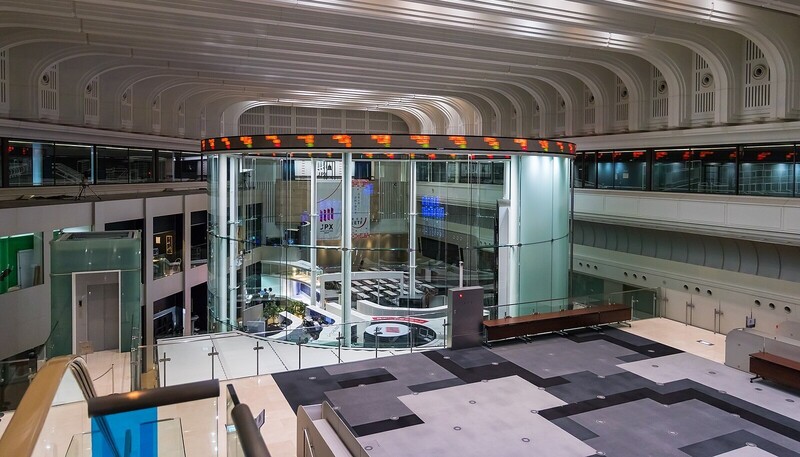Perhaps Canadian NHL teams looking to win the Stanley Cup could learn something from Japan’s stock market about breaking decades-long curses.
What happened: This week, the Nikkei 225, Japan’s largest stock market index, rose to a record high for the first time in more than 34 years. It’s become the world’s best-performing major index so far in 2024, rising about 17.5% this year, and 42.4% over the past 12 months.
Catch-up: Japan became an economic powerhouse in the 1980s, but during this time, its real estate and stock market prices were hugely overvalued, creating a bubble. When the bubble burst in the early 1990s, the markets collapsed and had long struggled to recover.
Why it’s happening: A weak yen has attracted heaps of new foreign investors, while the AI boom has more than doubled the share prices of Tokyo Electron and Advantest — two huge semiconductor players which are the Nikkei's second- and third-largest weighted companies.
- It’s no coincidence that the index shed the 34-year-old monkey on its back the day after semiconductor champion Nvidia dropped its Earth-shaking earnings report.
Zoom out: An increase in domestic investors has also been a boon for the economy. After the bubble burst, risky investing was seen as taboo, while low-risk saving was viewed as virtuous. Today, younger Japanese people no longer feel the same stigma about investing.
- In 2022, the government rolled out an initiative to promote retail investing through tax-exempt investing accounts. It’s been a success thus far, with 23% of Japanese people in their 20s investing in mutual funds last year, up from just 6% in 2016.
Yes, but: Remember, dear reader, stock markets never give the full story of an economic situation. Looking at the Nikkei, you’d be forgiven if you thought Japan was doing well. In reality, it entered a technical recession last quarter, losing the title of the world’s third-largest economy.
- These troubling economic numbers, whiplash between inflation and deflation, and startlingly low optimism among young people all point to an economy and society where all is not okay.
Why it matters: Investor frenzy around AI propping things up and masking deeper issues isn’t just happening in Japan’s stock market; it’s happening pretty much everywhere. Heck, just look at the U.S. S&P 500, which saw a lot of its gains last year come from AI.—QH
